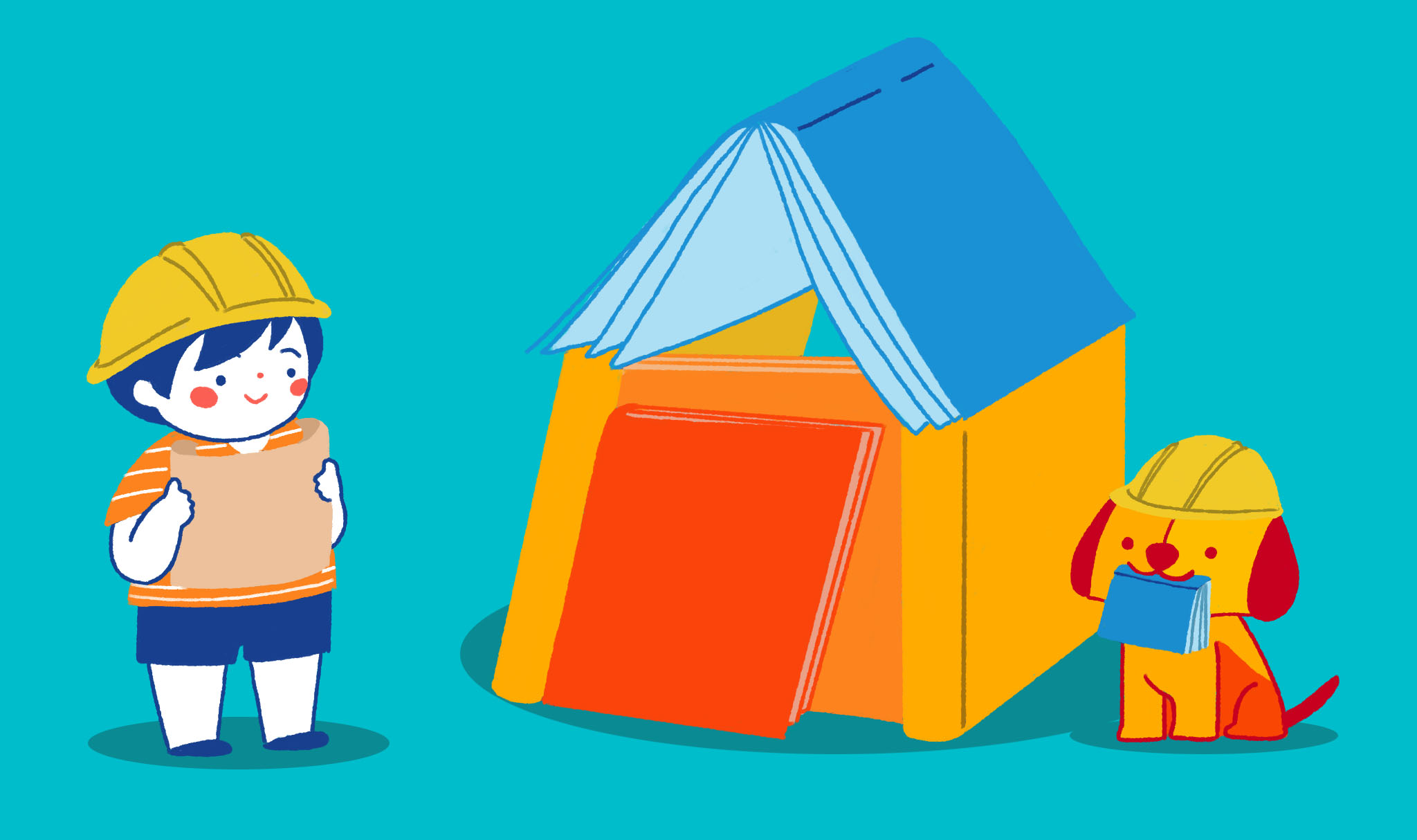We’ve Read the Book, Now What? (Beyond Reading)
Many parents find it difficult to get their child to read because of the misconception that a book is meant only to be read. And that reading benefits only a child’s literacy skills such as reading and writing.
Actually, books and reading in general contribute to the development of children in so many ways. In the process of reading, skills such as critical thinking, memory, and focus are developed. After reading, additional skills can be enhanced such as creativity, hand-eye coordination and motor skills, especially when children engage in activities related to the book just read.
Here are some of these activities.
1. Arts and Crafts
Arts and crafts make up probably the most common type of activity. Develop not only the creativity of children but also focus, patience, and fine motor skills as they draw, mold, cut, paste, fold, string together, and paint a wide variety of materials, found objects, and even recyclables. Arts and crafts encourage self-expression while developing a genuine love for reading.
Sample story: Si Pagong at Si Matsing
Activity: Making Handprint Animals
2. Science Experiments
Working on simple scientific experiments provides children the opportunities to explore and discover things on their own without fear of making mistakes and failure. It cultivates not only their critical thinking skills but also creativity in coming up with different solutions and overcoming challenges.
Sample story: A Thirsty Sparrow
Activity: Rising Water Experiment
3. Music and Movement
Singing songs, doing actions and movements, and creating musical instruments are also alternative ways of extending the reading experience. Such activities promote physical development involving coordination, motor skills, and balance. They also engage children’s imagination and enhance their language development, memory, and focus.
Sample story: Chenelyn! Chenelyn!
Activity: Making Homemade Musical Instruments
4. Games
Numerous studies have shown that play-based activities and games are crucial to children’s overall development. Learning through play has an important role in children’s cognitive and socio-emotional development. It offers opportunities for children to use their imagination and creativity as well as develop their self-esteem, independence, and sense of responsibility.
Sample story: Ano’ng Gupit Natin Ngayon?
Activity: Community Helpers Bingo Game
5. Cooking
In cooking, children not only learn basic life skills but also the practical application of academic skills such as reading, math, and science. Cooking also gives family members opportunities for interaction, communication, and connection.
Sample story: Haluhalo Espesyal
Activity: Making Haluhalo
6. Mini Inquiry Projects
Activities that encourage children to explore and discover things around them help them gain a better understanding about the world they live in. Allowing them to question, identify, and solve problems about their surroundings develops their critical thinking, creativity and communication.
Sample story: Ang Kamatis ni Peles
Activity: Seed Survey
7. Physical Play
Being active and engaging in various physical activities not only contribute to the development of healthy children but also improve their motor skills, concentration, hand-eye coordination, and social skills.
Sample story: Mario’s Special Day
Activity: Animal Walks (Yoga for Kids)
About the Author
Jeanne Christine Ramos-Co is an education consultant and teacher. She earned her teaching degree from the University of the Philippines and has been teaching children in preschool and the early grades for the past 12 years. She has also conducted workshops and trainings for school principals, teachers, health workers, and mothers.


